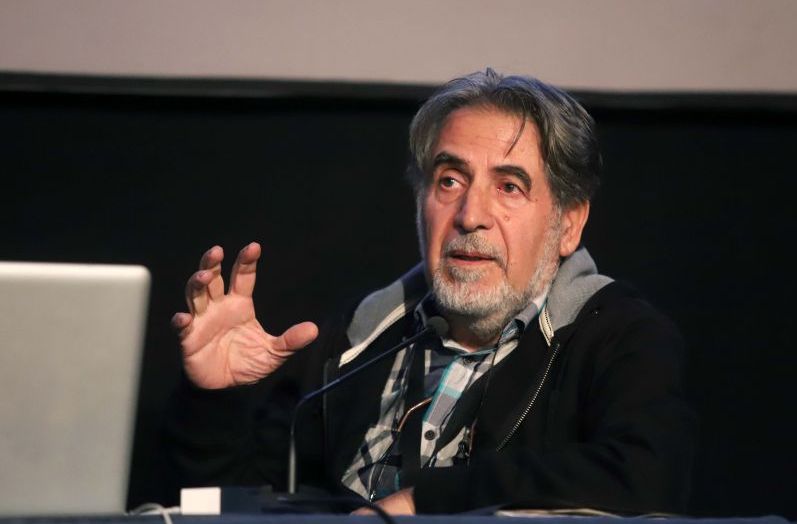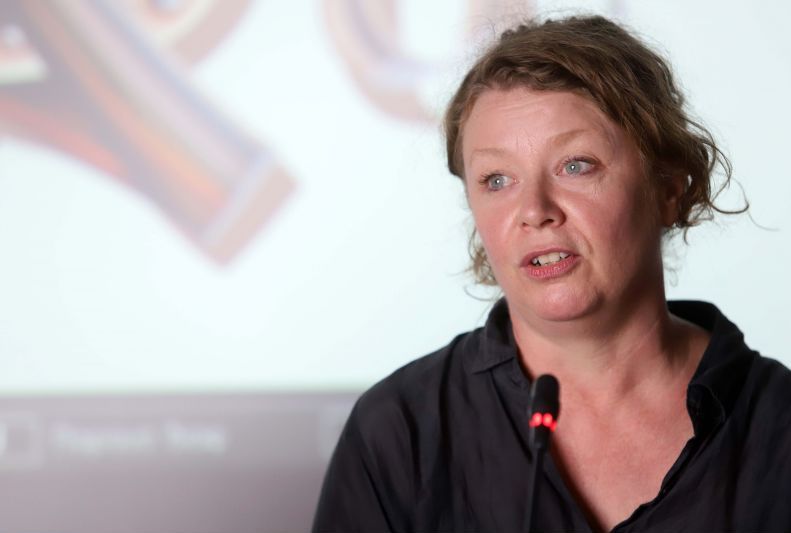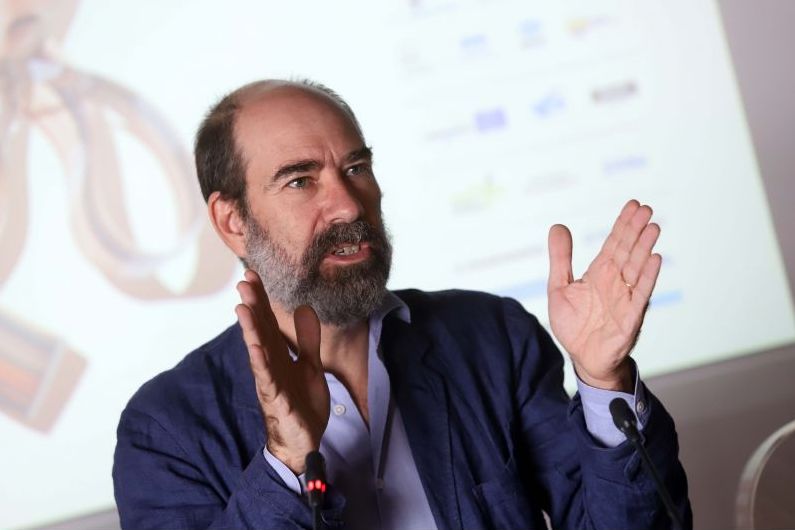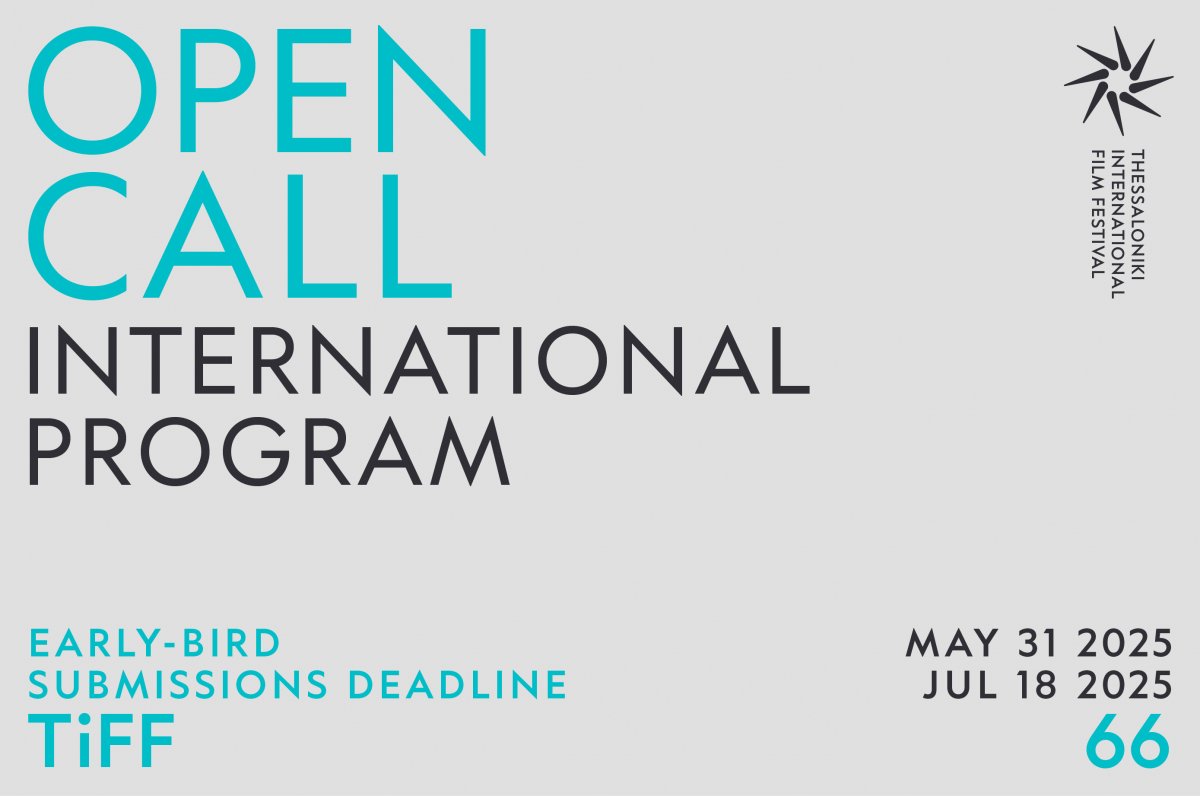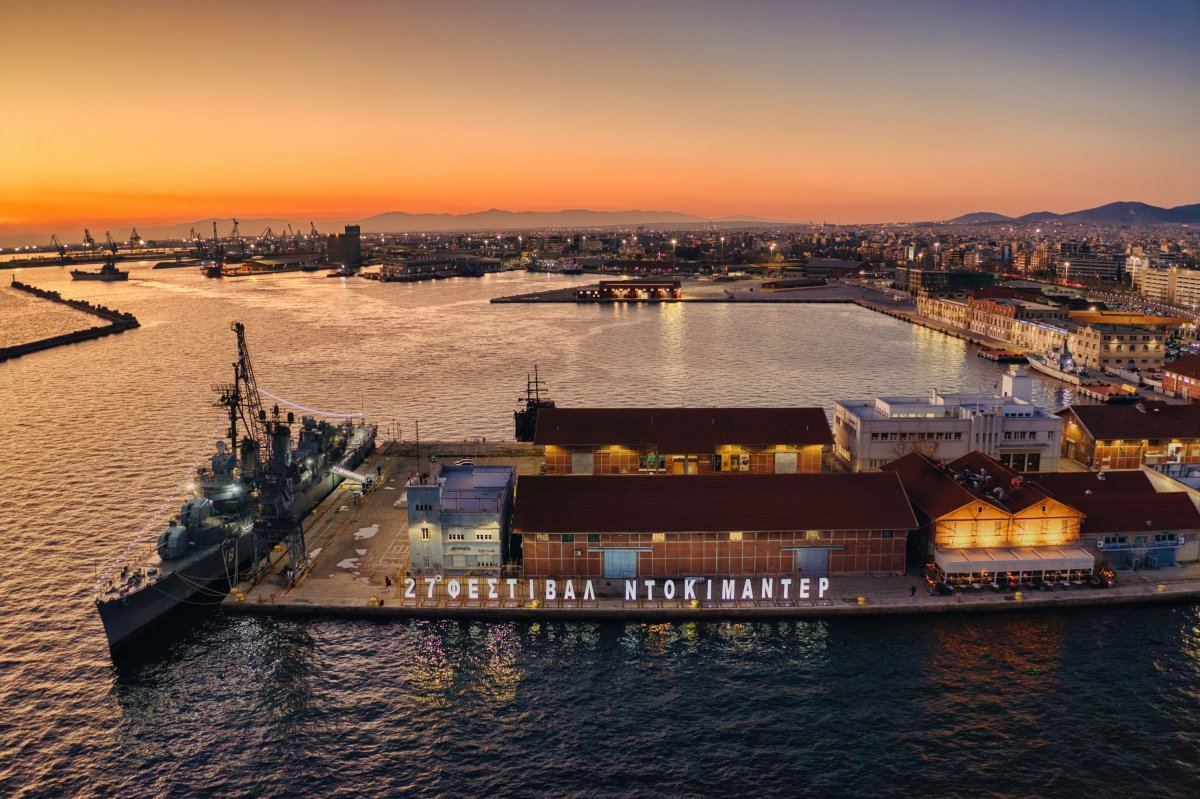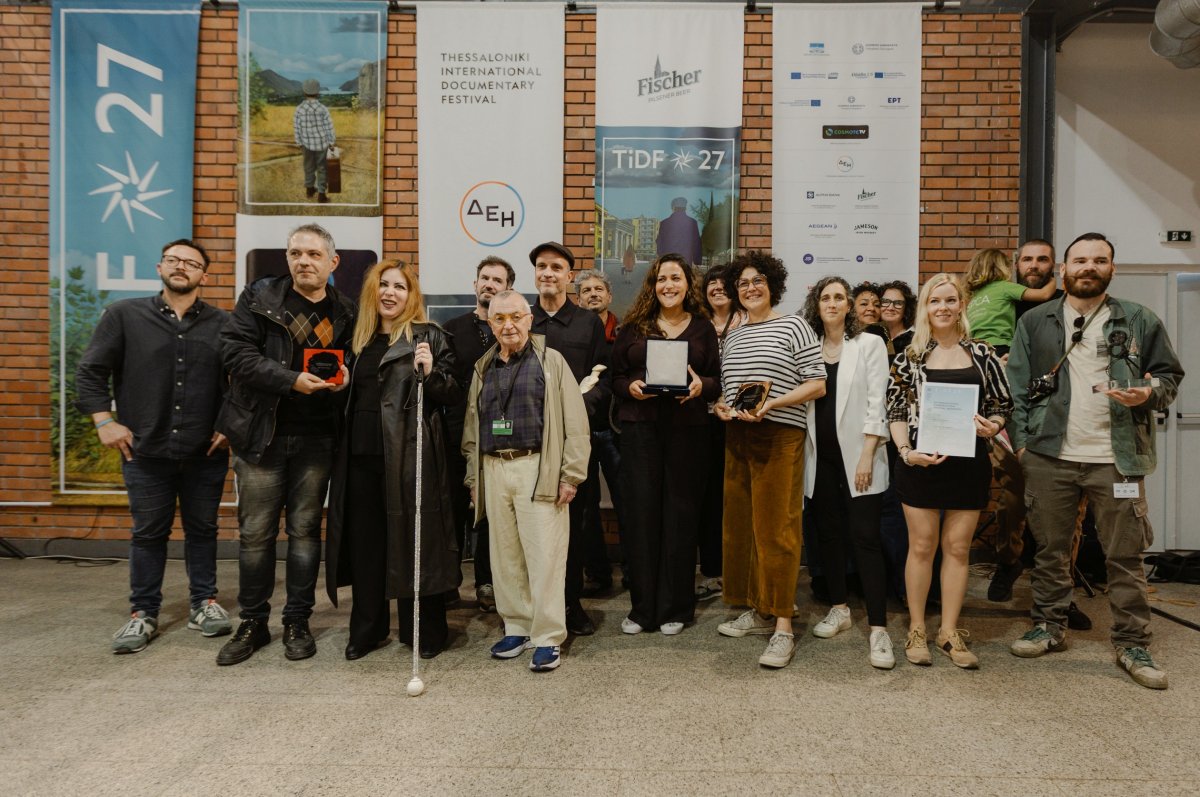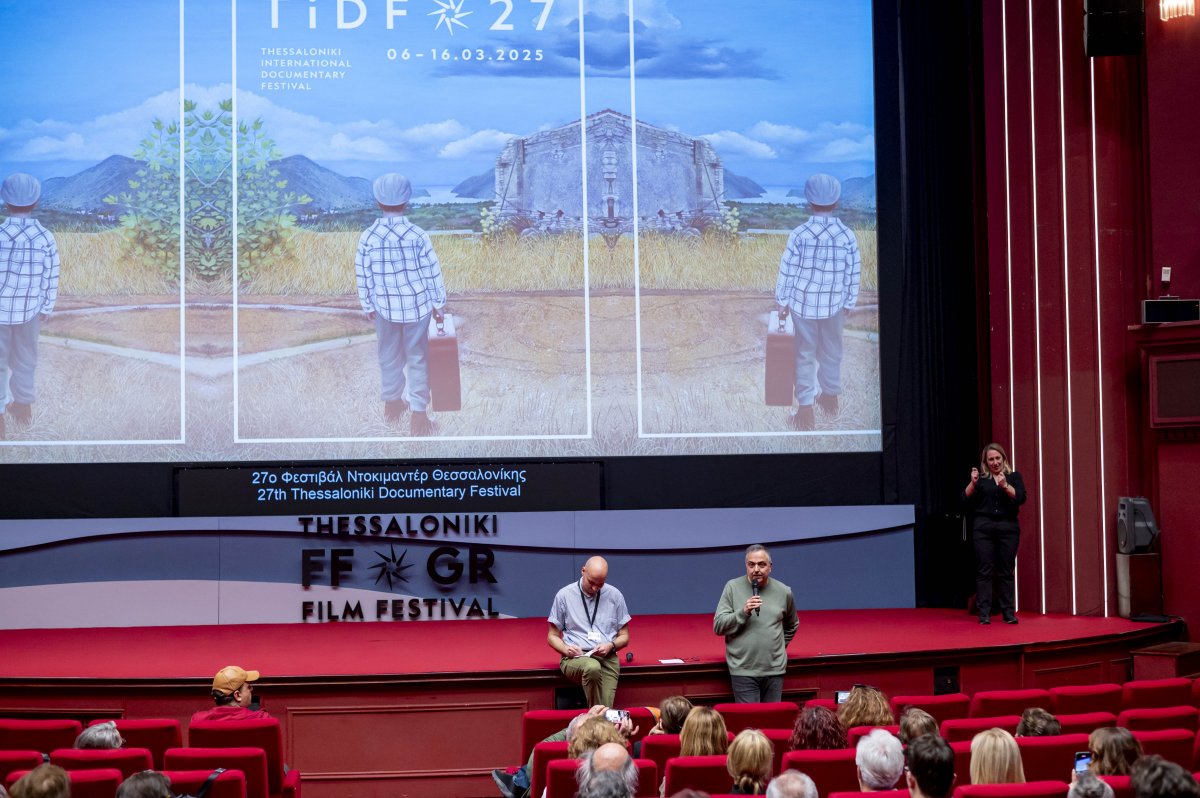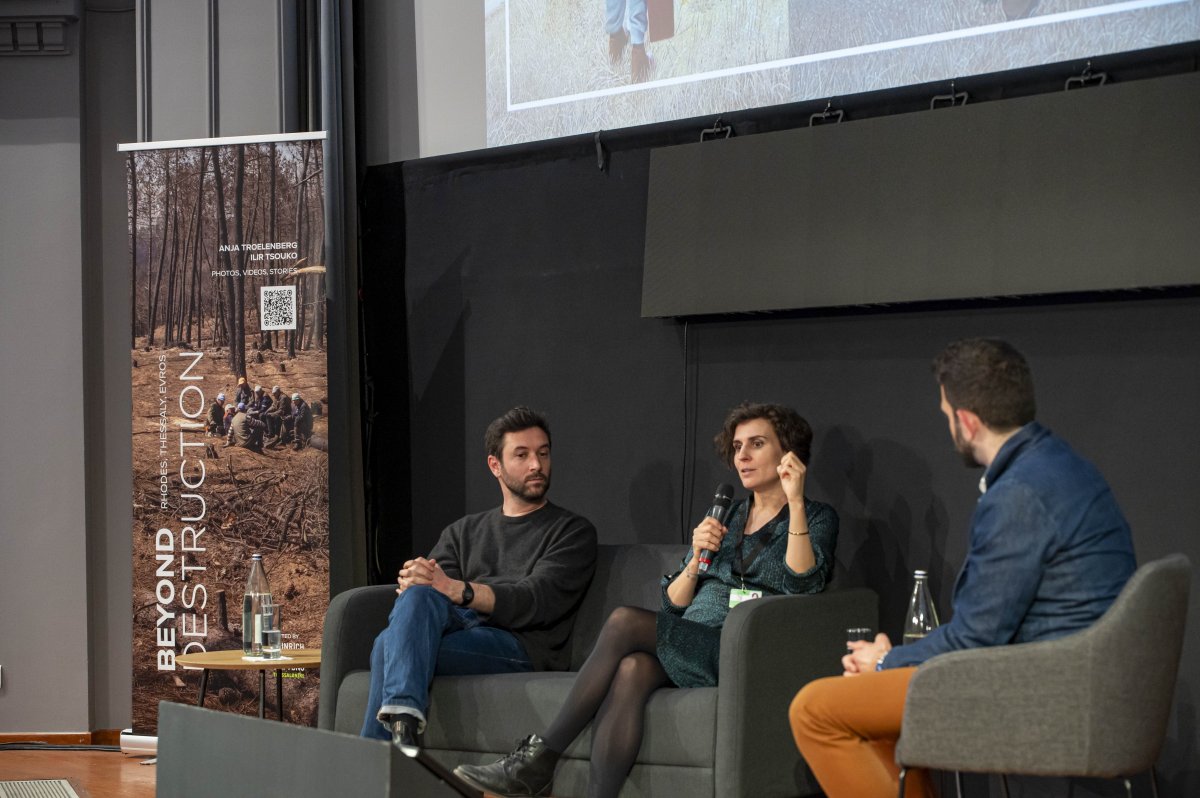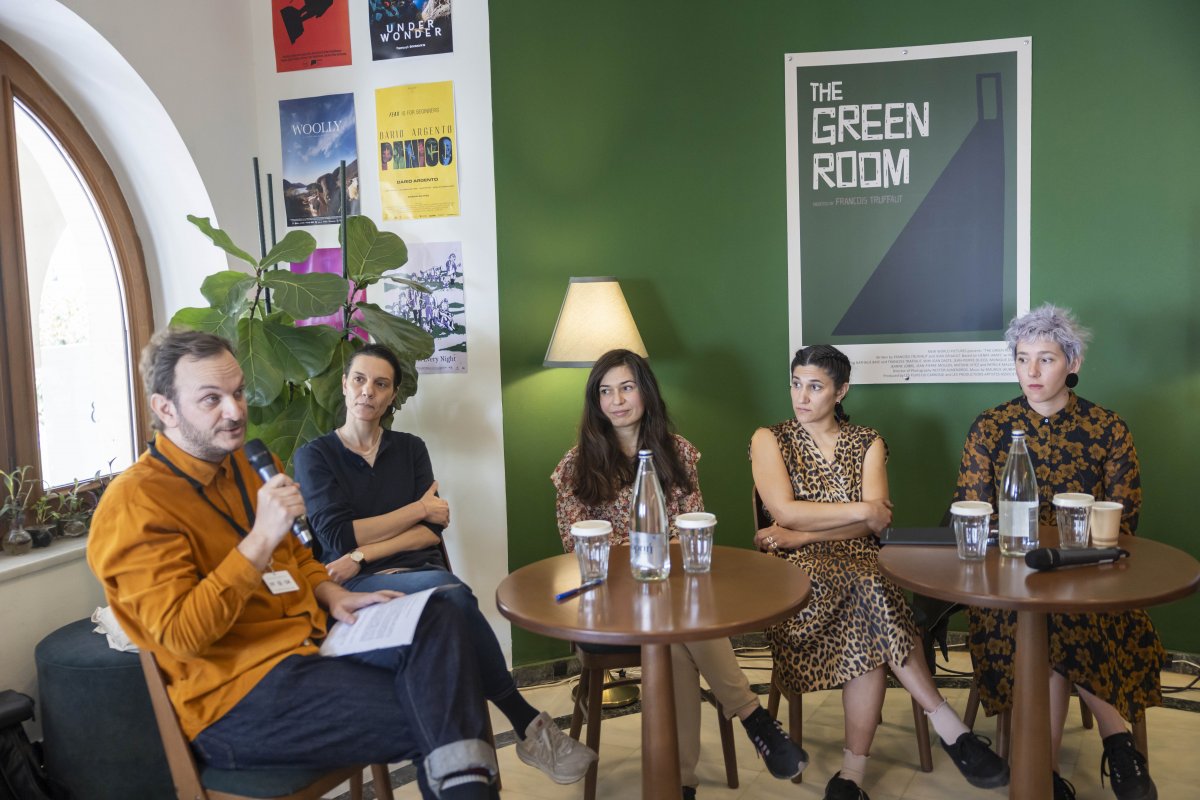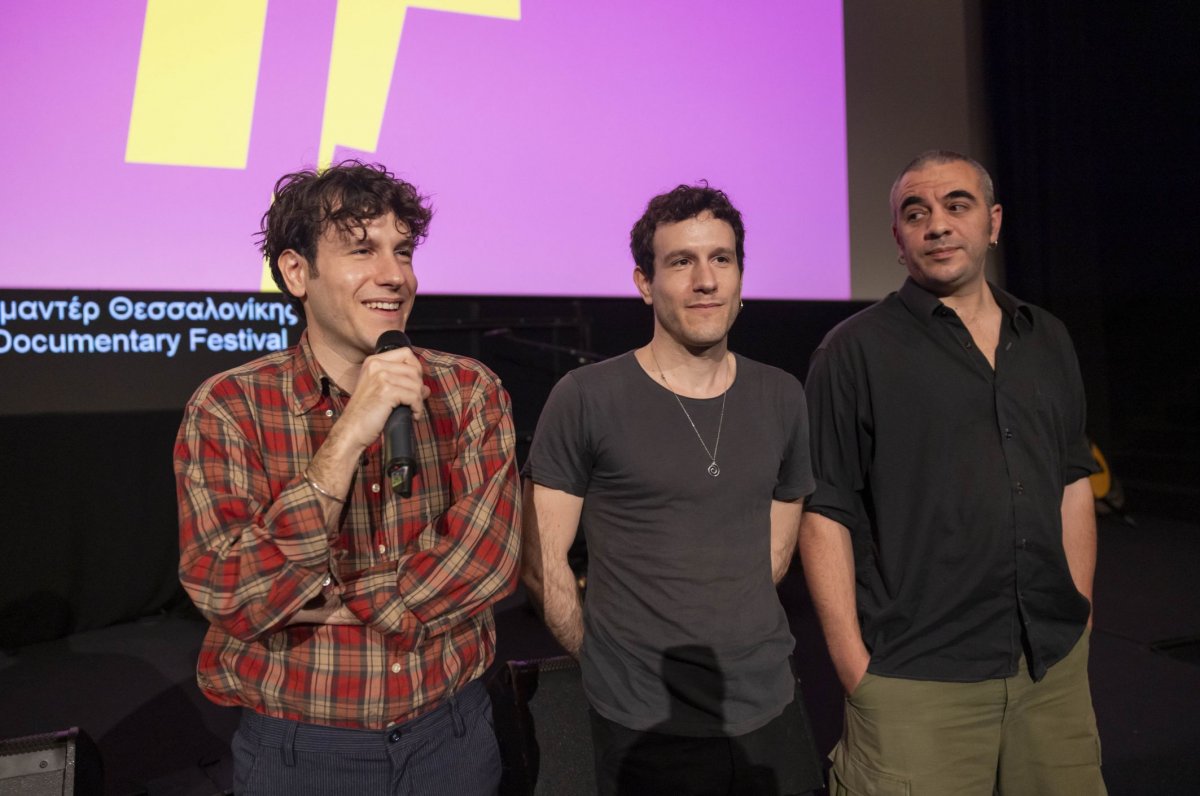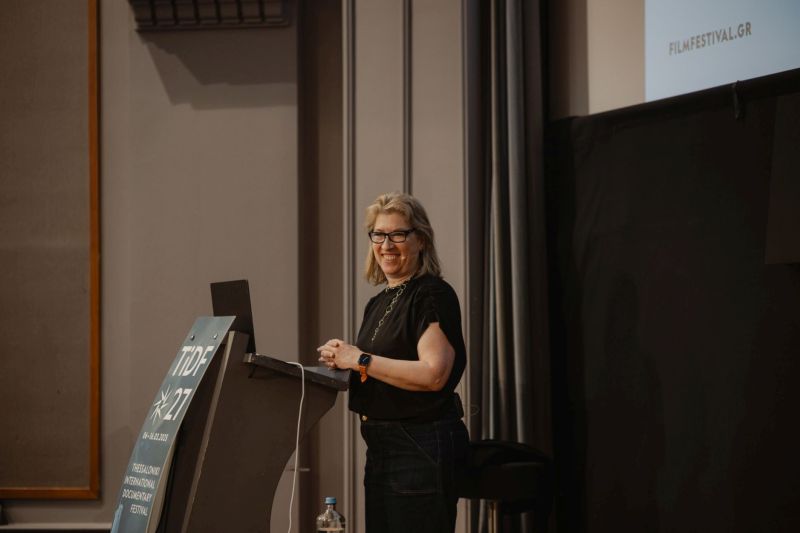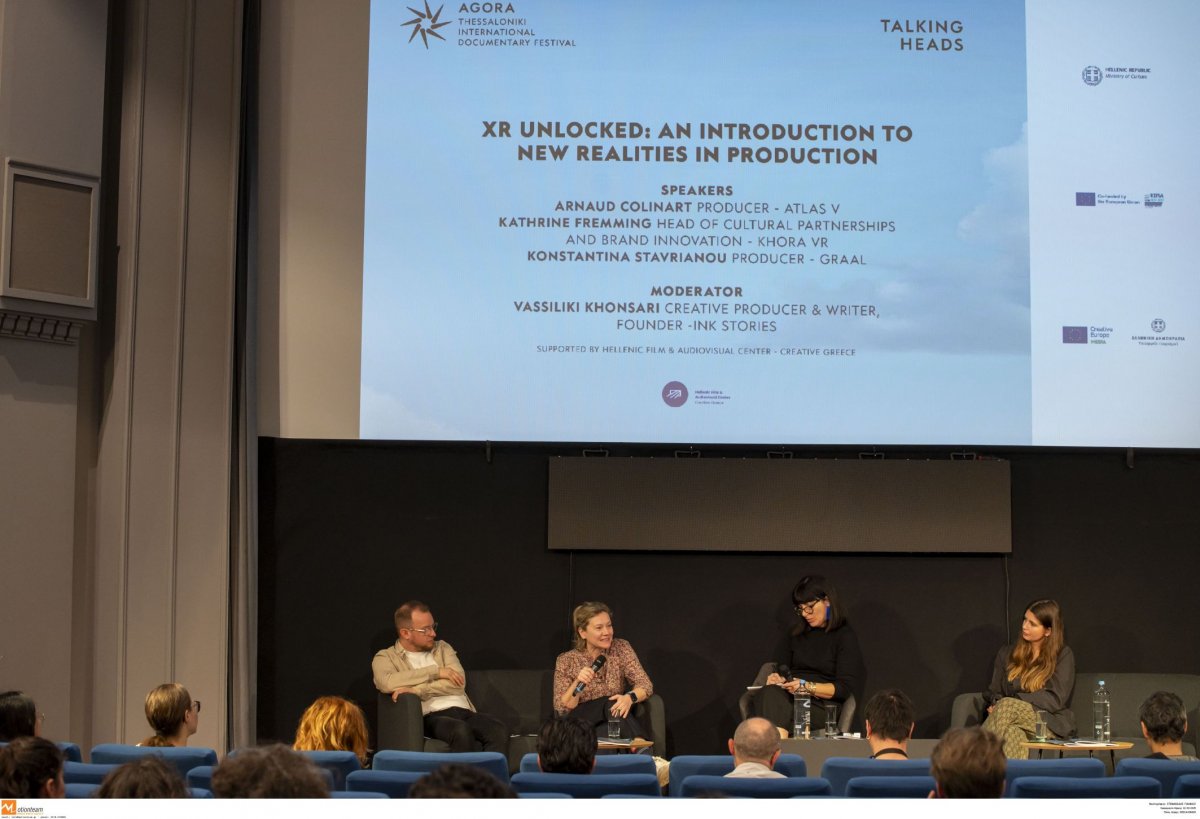"An early form of layout can be seen in the Renaissance, in the rough drawings of all grand painters -by the way, I’m sure that if Da Vinci was alive today, he would show interest in animation".
Media / Press
For more information please contact Press and Communication Department.
Nanouk Leopold Press Conference
www.filmfestival.gr
“If you are used in being guided in films, being taken by the hand and told how to feel, then you may feel disoriented in my films. You may not understand the meaning of a scene and need to look elsewhere to find it. The only place where you can look, of course, is inside you. I think this helps you feel my movie, appreciate it internally”
Screening: A Paris Education by Jean Paul Civeyrac
www.filmfestival.gr
59th THESSALONIKI INTERNATIONAL FILM FESTIVAL [1-11/11/2018] || 1-11/11/2018
Screening: A Paris Education by Jean Paul Civeyrac
In a sold out screening, the audience had the chance to enjoy Jean Paul Civeyrac’s film A Paris Education on Sunday November 4, 2018 in “Stavros Tornes” theatre. The screening was part of “Life Lessons” admission-free tribute of the 59th Thessaloniki International Film Festival, consisting of films that, with education as their common denominator, teach valuable and universal lessons in a non-didactic, yet perfectly meaningful way.
The film director introduced his film saying that: “The film is about the life of film students, but not exclusively. It also focuses on the hard choices we may make in our teenage years. When I was a student in Paris, in the 80s, there was no Internet and TV. We used to watch movies in tragic copies. I even watched Japanese movies with no subtitles. The point is that, if I liked a movie, I did so under any circumstances”.

After screening, a Q&A session followed. First, Jean Paul Civeyrac explained why he chose to shoot for black and white: “The film is black and white because I wanted it to look like a novel. Also, because it is divided in chapters, and because youth always belongs to the past. Just like our health, youth is something we remember only after we lose it. Furthermore, black and white makes the film more sentimental. I also use twice in the film a famous nursery song, “Frère Jacques” (“Brother Peter”), as an introduction to the main character’s memories. For him, it is a sign that past will make a gentle comeback in his life. I also borrow quotes and excerpts from the work of the poet and novelist Gerard de Nerval, because my heroes are weak and very sensitive”.
As to whether he identifies with his characters, Jean Paul Civeyrac said: “I am part of every person in my movie. I used to be a film student myself. For me, cinema is an existential matter, so in a way I am part of every movie I make”, he said. He also gave an advice to the young filmmakers: “I would tell them to be consistent with what they believe. What always shocks me in a movie is someone talking directly to me for their experiences in life. If young filmmakers are interested in making films not for fun or for the fame, as the characters in my films, they have to find a way to talk about what they have inside them”.
The “Life Lessons” tribute is implemented through the Operational Program "Human Resources Development, Education and Lifelong Learning" and is co-financed by the European Union (European Social Fund) and Greek national funds. Its co-funded projects deal with education and employment. Some of its main goals relate to:
This is the third tribute of the Thessaloniki International Film Festival funded by the Operational Program "Human Resources Development, Education and Lifelong Learning".
Exhibition opening: “Caritas Romana: 15 Acts of Devotion”
www.filmfestival.gr
The 15 films of the International Competition section of the 59th Thessaloniki International Film Festival became the material of the event’s main exhibition titled "Caritas Romana: 15 Acts of Devotion”, the opening of which took place on Saturday, November 3, 2018, at the Contemporary Art Centre of Thessaloniki (Warehouse B1, Port). The exhibition is organized by TIFF in collaboration with the Contemporary Art Centre of Thessaloniki with the support of NEON Organisation and Plaisio Computers SA.
László Nemes at 59th TIFF
www.filmfestival.gr
“My films carry a very intense personal hue, they crystallize my own idea about modern times and past accomplishments. I try to depict experiences and thoughts that escape preset boundaries and plunge the viewer into a state which allows them to unfold their imagination and create lasting thoughts that will not be ephemeral”
Jaime Rosales Press Conference
www.filmfestival.gr
“I make films to discover myself. I don’t consider myself such a good director. I look like Sisyphus. I’m trying to reach the top and then start all over again. Yet, each film is an opportunity for me to explore the film language".


